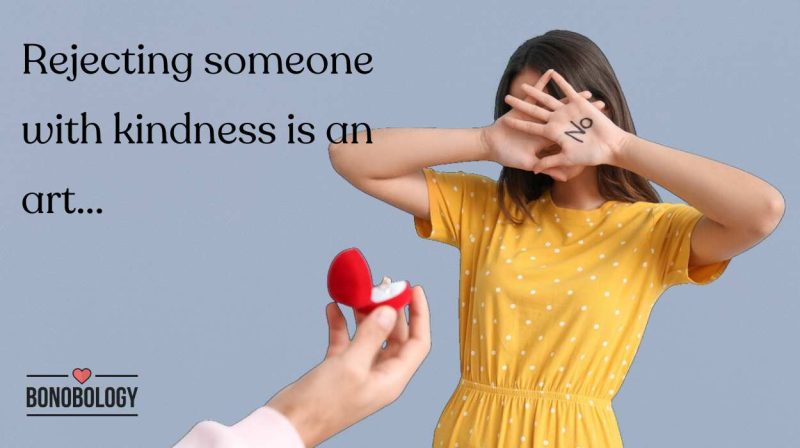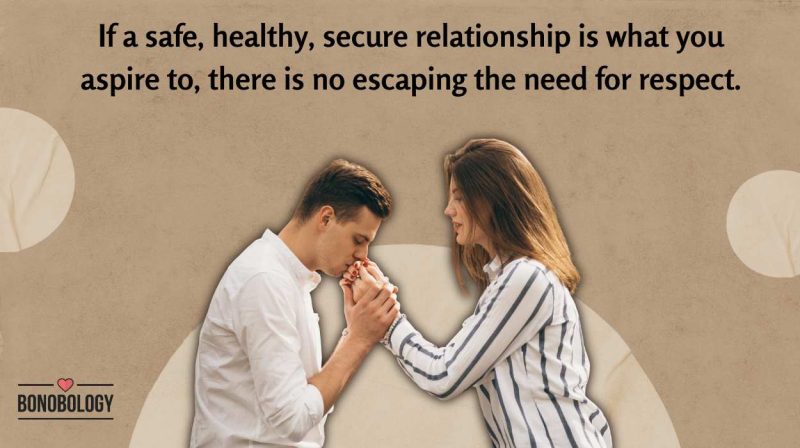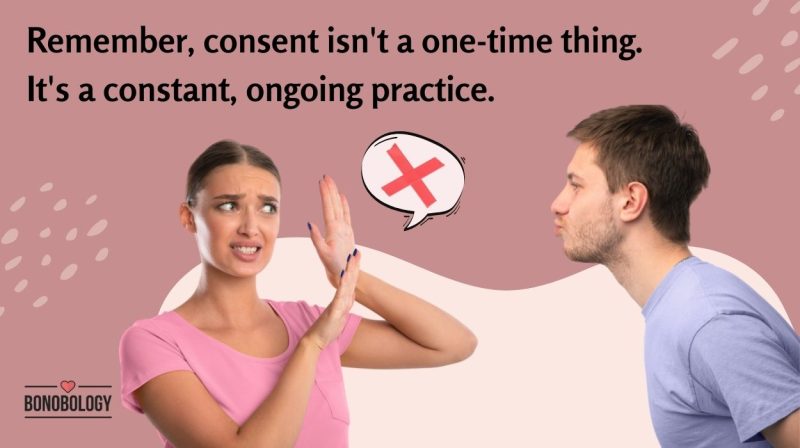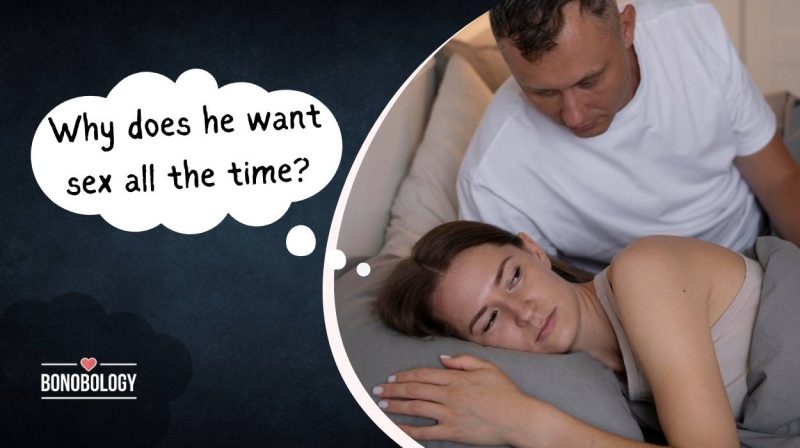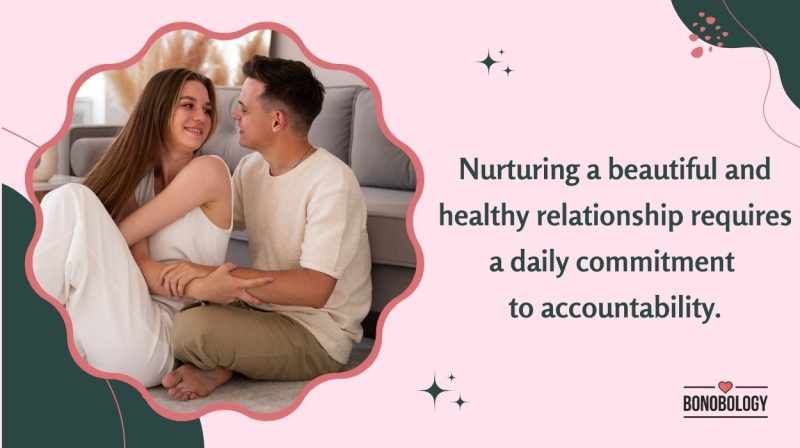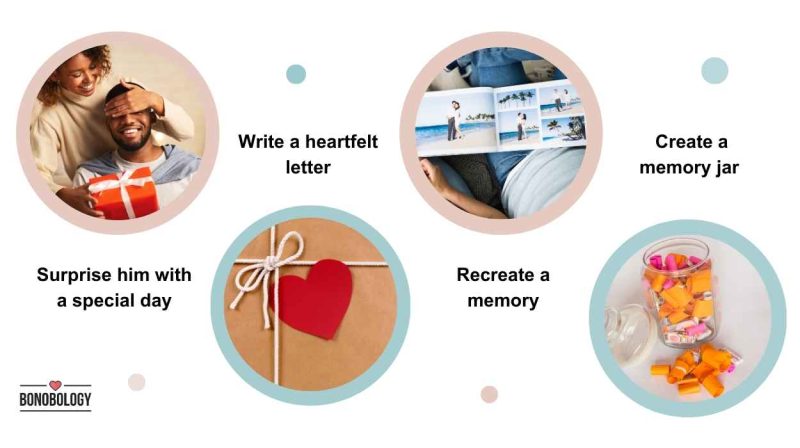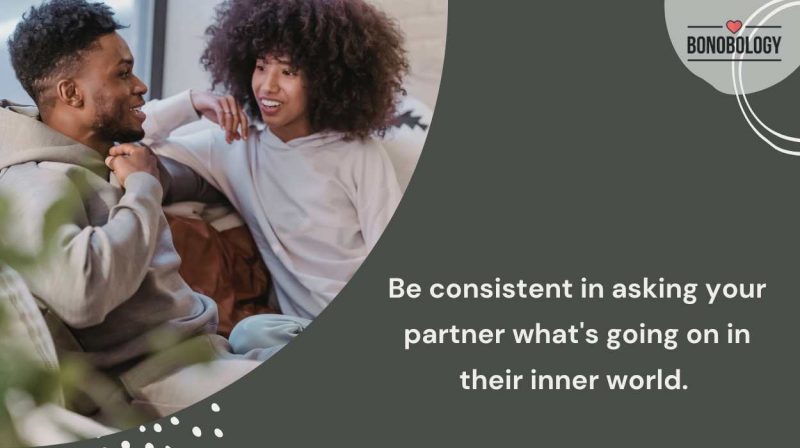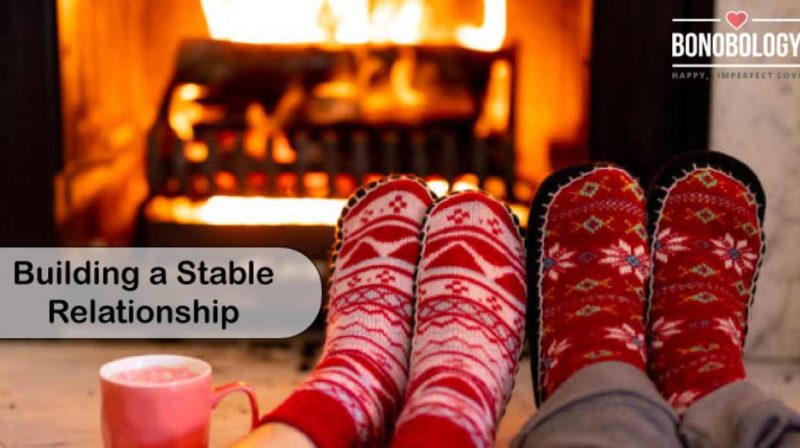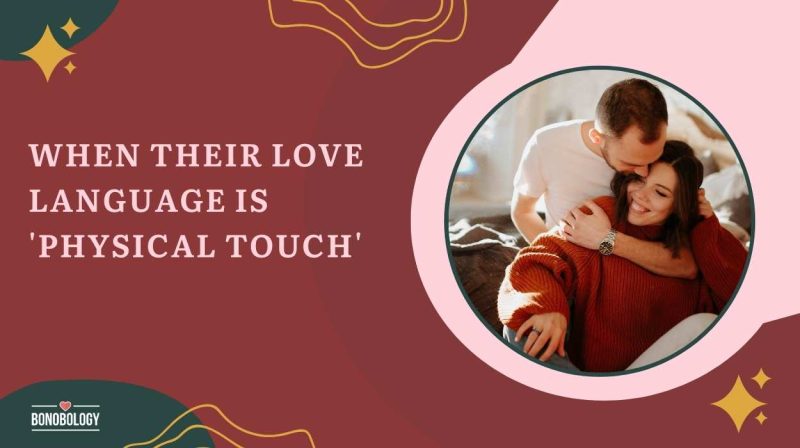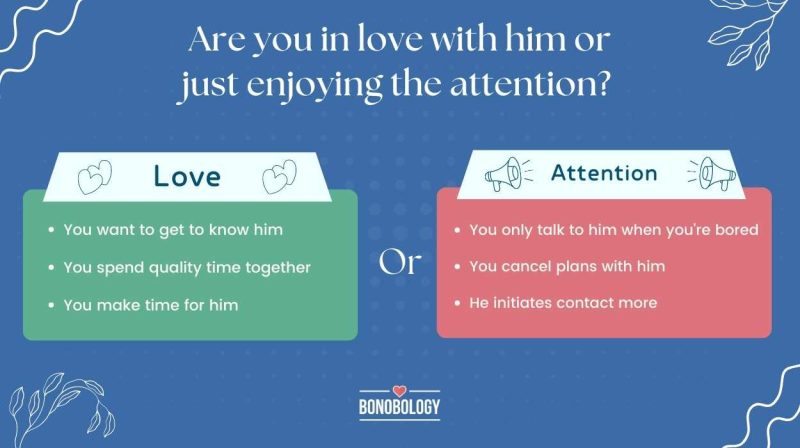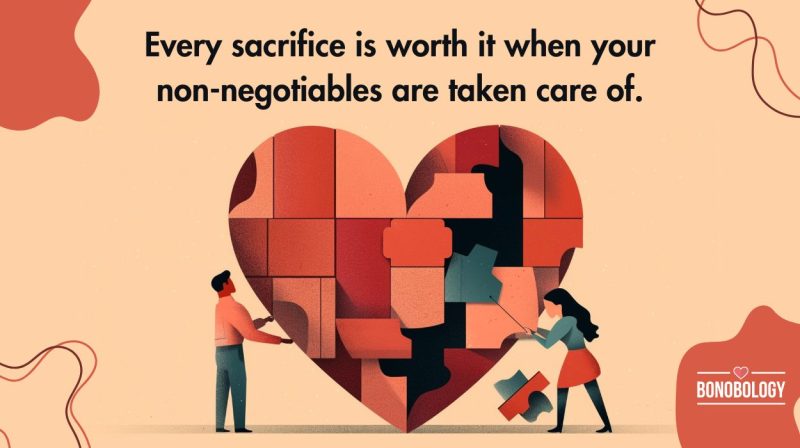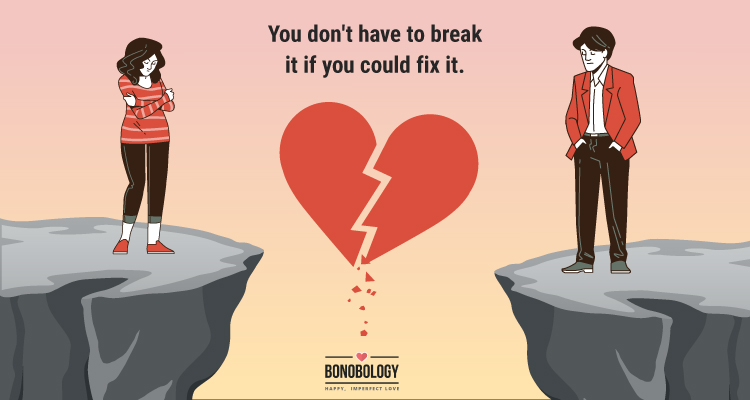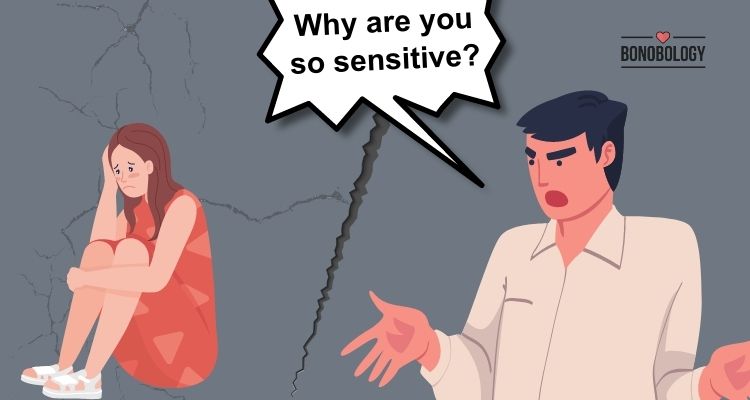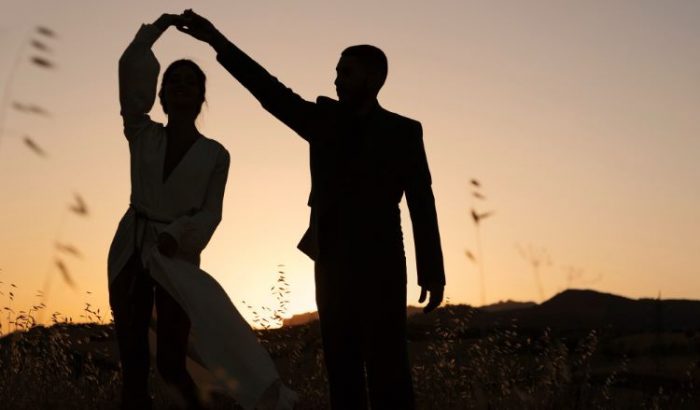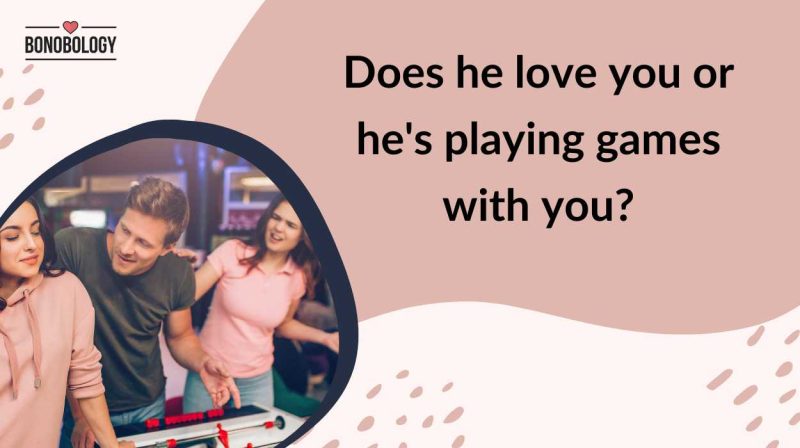Think of your relationship as a Venn diagram. Your partner and you are two circles who intersect because the love you have for each other has brought you together. This intersection creates a shared space, which you call a relationship. However, you still have an identity outside of this shared space and preserving it is all that independence in relationships is about. But maintaining equilibrium between the shared arena and your individual circle is not as easy as it seems. So, how do you prevent the two circles from fusing into one? By learning how to balance independence in a relationship.
Let’s explore this subject in consultation with psychotherapist Dr. Aman Bhonsle (Ph.D., PGDTA), who specializes in relationship counseling and Rational Emotive Behavior Therapy. A nuanced understanding of maintaining independence in a relationship is not possible without the expertise of a mental health professional.
We begin our discussion by recalling the wise words of Michel de Montaigne, “The greatest thing in the world is to know how to belong to oneself.” By the end of this sojourn, you’ll master the art of speaking your truth whilst in a romantic bond. Our focus lies on one question – how to be independent in a relationship? While we’re on the subject, let’s also take a look at what is independence in relationships and how crucial it is to not let your individuality become subservient to a romantic partnership.
What Is Independence In Relationships?
Table of Contents
Independence in relationships is a widely misunderstood concept. It is either viewed as a bad thing or interpreted as a need to assert dominance over a romantic partner, which triggers an unhealthy power struggle in a relationship. In reality, neither of these comes even close to defining independence in relationships. So, what is independence in relationships?
Simply put, being independent in a relationship means knowing how to be your own person even when you are one-half of a romantic equation. Just the way financial independence means possessing an ability to sustain yourself irrespective of your relationship status, emotional independence in relationships equals an ability to not tie your emotional needs to another person entirely.
Independence in relationships is characterized by an awareness of the fact that you don’t need to give up the things that bring you joy or contentment to be happy with your partner. Or that you don’t need to be joint at the hip or dedicate all your time and attention to your relationship. While romantic partners depend on one another a lot, if this dependence becomes excessive, it can leave you feeling lost, overwhelmed, and suffocated.
As a result, you may feel that you cannot function without your partner – even the smallest of fights or the slightest distance leaves you crippled with fear, doubt, and apprehensions about the future – turning your equation into a classic codependent relationship. Independence in relationships is all about being aware of that fine line between codependency and healthy interdependence.
A romantic relationship should inspire us to become better versions of ourselves and feel inspired. That can only happen when both partners learn the act of balancing independence in a relationship. Here is what independence in a committed relationship or a long-term partnership looks like:
- Space in a relationship: Balancing independence and marriage or a committed relationship translates into a healthy personal space. Both partners are okay spending time apart. Sure, you may miss each other during this time, however, it doesn’t impair your ability to have fun or lead full, well-rounded lives without each other’s presence
- Speaking your mind: Being independent in a relationship means you are comfortable expressing your need or stating your expectations from your partner without worrying about their reaction or the damage it may cause to your bond and vice versa. Independence enables both partners to speak their minds without apprehension or fear
- Mutual support: Independence in relationships helps you become each other’s biggest support system. You feel happy that your partner has interests and hobbies of their own and encourage them to pursue these, and they do the same for you. That’s why learning how to maintain independence in a relationship helps foster a dynamic where you can truly help each other become the best versions of yourselves
Related Reading: 9 Signs Of Complacency In A Relationship
Why Is It Important To Be Independent In A Relationship?
Now that you understand what independence in relationships looks like, you might wonder if it’s really as important as it is made out to be. How much effort you put into balancing independence in a relationship depends largely on how well you understand its importance in a relationship. Once you acquire this understanding, you’ll begin to see that learning how to stay independent in a relationship can improve the quality of your bond on so many levels.
Bert and Claire, a couple from Kansas, learned this the hard way. Their contrasting insecure attachment styles put them at loggerheads with one another so often that they felt as if their entire relationship had been reduced to one, long, never-ending fight. The concept of emotional independence in relationships was alien to Claire and she sought to cling on to Bert for every little need, which caused Bert, who had a classic avoidant personality, to push her away even more.
As this push and pull brought their relationship to the brink, they decided to seek couple’s counseling as a last-ditch attempt to salvage their bond. In therapy, the couple learned the importance of independence and healthy interdependence and are now learning to reinvent their behavior patterns. If, like Bert and Claire, a lack of independence is hampering the quality of your bond with your significant other, this lowdown on its importance might give you a much-needed push to reevaluate your inner-workings of your connection:
Related Reading: Separation Anxiety In Relationships – What Is It And How To Cope?
1. You don’t lose yourself
First and foremost independence in relationships is vital because it prevents us from losing ourselves just because we’re in a relationship or have fallen in love. Contrary to popular opinion, this can, in fact, help keep your relationship strong because the person you and your partner fell in love with is still very much intact and thriving.
2. You do not become too clingy or needy
Independence in a relationship ensures that you continue to be your own person, pursue your dreams, make decisions for yourself and see yourself as a whole rather than one half of a romantic partnership. This helps you avoid the tendency to be excessively clingy or needy in a relationship, which make it too toxic and emotionally draining
3. Independence in relationships creates room for growth
Independence facilitates a healthy interdependence in a relationship, which, in turn, provides both partners an opportunity to grow, both as individuals and as a couple. In other words, balancing independence and marriage or a long-term committed relationship creates that aspirational dynamic where both partners help each other become better versions of themselves whilst also nurturing the bond they share.
Related Reading: Communication Problems In Relationships – 11 Ways To Overcome
4. You can communicate better
The ability to communicate the right way is one of the most important reasons why it is so crucial to understand how to stay independent in a relationship. So many issues between couples are triggered due to bad communication in relationships. This bad communication is rooted partially in our own emotional baggage and partially in not wanting to disturb the peace in a relationship by doing or saying something that may upset our significant others.
Independence in relationships encourages honesty, openness, and greater transparency. Since both partners value their individuality, they’re not afraid to speak their mind, work toward the right boundary setting in the relationship, and are able to strike that balance where neither the needs of a relationship overpower individual needs nor personal interests become more important than shared ones.
5. Independence keeps a relationship fresh

Independence in a committed relationship often translates to both partners taking out time to pursue their individual interests and hobbies, spending time with respective friends, and so on. This time spent apart not only keeps a relationship fresh but also gives you more things to share with each other. Independence could well be the antidote to boredom in a relationship, which often acts like a termite, rendering couples’ connection hollow from within.
Related Reading: 9 Expert Tips To Make A Relationship Last Forever
6 Ways Of Balancing Independence In A Relationship
Now, you can see why there is so much hullabaloo around the very idea of being independent in a relationship. If you’ve ever wondered if being independent in a relationship is really that important or is it an overhyped concept, we hope you have your answer. Yes, it is THAT crucial to maintain a sense of self for a healthy, well-functioning relationship.
Dr. Bhonsle explains, “We need to understand that individuals make relationships. Their individuality cannot be sacrificed at the altar of coupledom. The beauty of any romantic connection is the variety that both partners bring to the table. Their individual contributions make for a wonderful, shared space where they grow and build a life together. Losing sight of what you represent has very detrimental consequences.”
The benefit of independence in relationships is two-pronged; the couple dynamics are stronger, and individual well-being is greater. We want both of these (and more) for you. However, while independence in relationships can seem like such a simple and straightforward idea, striking the right balance between your individuality and your role in a romantic partnership can prove to be tricky for most couples. We don’t want you to be one of those couples, and that’s why we’re here to share 6 stellar ways of achieving emotional independence in relationships:
1. Don’t seek ‘completion’ through your partner
People tend to take the term ‘better half’ quite literally. Seeking fulfillment through a relationship or your partner is not only an unhealthy choice but also a huge responsibility to place on someone’s shoulders. Our partners are not responsible for us, and that’s non-negotiable. Trying to complete yourself in love is the first step on the path of dependence.
Fred Rogers astutely said, “We need to help people to discover the true meaning of love. Love is generally confused with dependence. Those of us who have grown in true love know that we can love only in proportion to our capacity for independence.” Don’t look at each other as two halves of a heart; you’re already self-sufficient. Your partner is a bonus.
Dr. Bhonsle says, “It is imperative to dismantle the idea of ‘completion.’ Subscribing to this belief can be quite destructive because that’s exactly what happens in codependent marriages or relationships – people stop seeing themselves as individuals. They become conjoined in every sphere of their lives. But in that scenario, what do you offer to the relationship?”
Let’s understand this better with an example. Patricia and Jayden have been together for 9 years. Without realizing it, Patricia has made the relationship the whole and soul of her life. She derives all fulfillment and meaning from her bond with Jayden. But lately, she has been feeling that something is amiss – after devoting all her time and energy to this connection, after making so many sacrifices, it somehow doesn’t feel okay. It should be a picture-perfect love story, right?
Wrong. The problem lies in her self-image. She cannot recognize herself anymore. Patricia has pegged all her hopes, dreams, and joy on another person. Besides experiencing a loss of control as well as self, she has realized the futility of her actions. She is beginning to see the importance of balancing independence in a relationship with a healthy reliance on one’s partner. That is the first – and perhaps, the most crucial – step toward achieving independence in a committed relationship.
Related Reading: 9 Expert Tips To Make A Relationship Last Forever
2. How to be independent in a relationship? Have a circle of your own
And we cannot emphasize this enough. Studies have shown that positive social relationships have clear and marked links to an individual’s short-term and long-term health. It is vital to have a network of your own – friends, colleagues, family, and acquaintances that are distinct from your romantic life. This is a key element of being independent in a relationship.
Many couples run in the same circle or have a lot of mutuals. In other cases, one of the partners gets absorbed in the other’s friend group. These situations have nothing wrong with them per se, but there are times when you need a friend who supports you unconditionally without playing the devil’s advocate for your partner. Your ride or die, you know?
Make it a point to meet your friends on a weekly basis. It doesn’t have to be brunch with cocktails – just do something lowkey like watch TV or eat pizza. This person will also serve as an emotional outlet and will give you a fresh perspective on your life. Moreover, you’ll feel a sense of comfort and belonging outside your relationship.
If you don’t have a solid friend circle to fall back on, try and cultivate friendships at work or elsewhere. You can even find real friendships online. Look for people you vibe with. Trust us, they’ll play a very important role in helping you figure out how to stay independent in a relationship.
3. Be willing to make adjustments in an independent relationship
There are many cases of people misconstruing independence in relationships. There’s a moderately thin line between independence and stubbornness (or selfishness). Don’t conflate the three. You’re an independent person if you choose your career over early marriage. But you’re a stubborn person if you don’t move around a work appointment for your partner’s birthday. Understand the difference between selfish and selfless love.
Dr. Bhonsle says, “Don’t become pig-headed in the name of maintaining independence in a relationship. There are times when one of the two individuals has to make adjustments or compromise a little. These are not affronts to your selfhood; you have to be willing to leave your comfort zone for your partner. Independence shouldn’t be confused with getting your way all the time.”
Tweaking your life for your significant other reflects that you’re secure in your individuality. No one’s asking you to become a doormat – we’re only telling you to be empathetic toward your partner while you’re on your journey. You see, an independent relationship is characterized by people who don’t perceive compromises as threats.
4. Stay true to your core values to be emotionally independent
Have you noticed something interesting about long-term couples? Nine times out of ten, they hold very similar views and approach situations in an analogous manner. Years of knowing and living with each other have resulted in their synced behavior. And this is bound to happen with any relationship. What’s important is holding on to your originality through the years of partnership. That can only happen when you make a conscious effort toward balancing independence and marriage or a long-term committed relationship.
Dr. Bhonsle explains the need for independence in relationships, “A relationship is a joint endeavor toward a shared goal. That being said, it is important to keep some parts of yourself in reserve. You need to maintain a record of your archived self, of who you were before the relationship became a reality. Or you stand to lose context of who you are. Will you be able to answer this (very existential) question?
“Your individuality is the start of yourself, the heart of yourself, and part of yourself. Don’t let go of those core values just to be palatable to someone else. If your partner doesn’t accept you without modifications, how far are you going to go? How ready are you to be modded? And don’t forget that this is a conscious choice, not something that just happens.” This is especially important for those balancing independence in a relationship.
Related Reading: Emotional Intelligence In Relationships: Make Love Last Forever
5. Follow me-time rituals – Independence in relationships
The most important relationship is the one you have with yourself. Be sure to give it due diligence. Make it a point to take some time out for yourself every day. A simple ritual like meditating, journaling, reading, or drawing can work wonders for your emotional health. If nothing, make yourself a cup of tea and sit by the window to watch the sunset.
My sister follows a very basic me-time ritual. At the end of the day, she lists 3 things that made her smile, 2 things that made her frown, and 1 thing that she’s grateful for. Being comfortable in your own company is a very important part of being independent in a relationship. Enjoy the silence and unwind. Break away from the need of requiring constant activity or conversation. Once you learn how to revel in these gaps, you won’t get bored easily.
Furthermore, be open to new experiences. Limiting yourself to the same old routine is a mistake. Take up new hobbies, learn a language, travel vicariously, and engage with people from different walks of life. The more you grow, the more you bring to the (positive relationship) table. Don’t be held back by any notions.
Dr. Bhonsle says, “Stop being an approval junkie. All of us are hardwired that way. The first thing that comes to our mind is, ‘what will others think of me?’ We’ve been culturally programmed to think twice before voicing strong opinions or trying unconventional things. The key to being emotionally independent is shifting focus from others to yourself.”
6. Respect the differences
Ralph Waldo Emerson wrote, “Let me never fall into the vulgar mistake of dreaming that I am persecuted whenever I am contradicted.” As you’ve already fathomed, the final element of independent relationships is giving your partner the space to be individualistic. Like most qualities, independence walks a two-way street. You can’t expect your loved one to function how you want.
Dr. Bhonsle says, “The rules of coupledom are the same for everyone. If you want to lead an unconstrained life, you can’t pull your partner back. That’s just hypocrisy. Extend the same freedom and space to them. Naturally, there will be times when you disagree with each other but treat those situations with respect. They’re a healthy sign of your individuality.”
A good way of negotiating these differences is by setting healthy relationship boundaries. They keep a check on conduct and prevent disrespect. Safeguard your emotional health and shun ugly fights by giving and taking ample room to be yourselves. Independence in relationships is acquired with persistent labor.
Key Pointers
- Independence in relationships can prove to be a missing piece of the puzzle of building a wholesome, fulfilling bond with your significant other
- Independence should not be misunderstood as a bad sign in a relationship nor as a bid for asserting dominance
- Independence in relationships is all about striking that balance between your sense of self and your role in a romantic partnership
- When that balance is right, partners can help each other become the best versions of themselves both as individuals and as a couple
- This balance can be achieved by setting boundaries, respecting differences, encouraging personal space in a relationship, and not losing sight of your individuality
And with that, we come to the end of our comprehensive guide on how to be independent in a relationship. We hope this has helped you gain a clear picture of being individualistic. Many people struggle with maintaining autonomy in a romantic setting and suffer from emotional neglect; self-sabotaging behaviors have often led to codependency in relationships. If you’re someone who’s feeling trapped in such a connection, please reach out to a mental health professional. If you’re looking for help, skilled and experienced counselors on Bonobology’s panel are here for you.
FAQs
Maintaining independence in relationships is vital for two reasons. Firstly, the person leads a richer life full of novel experiences which are consciously chosen. And secondly, the person’s self-growth makes them a better partner and adds variety to their relationship. Their romantic sphere flourishes when they are the best version of themself.
No, it is not bad at all. One of the vital qualities of a successful relationship is independence. However, don’t confuse independence with selfishness.
Yes, absolutely! Women need to retain their individuality after they start seeing someone. Free yourself from the notions of being the ‘ever-sacrificing woman’ or an ‘adjusting girlfriend.’ Enjoy independence in relationships to the fullest.
You need to maintain a distinct social circle, follow me-time rituals, be open to new experiences and set boundaries. Independence in relationships can be balanced in 6 ways. We’ve listed them out for you above; take a look.
How To Stop Worrying About Your Relationship — 8 Expert Tips
Your contribution does not constitute a charitable donation. It will allow Bonobology to continue bringing you new and up-to-date information in our pursuit of helping anyone in the world to learn how to do anything.




